Being a practicing Catholic has become a covert operation for some young adults, who are choosing to keep their faith to themselves rather than explain the church’s public stance on certain controversial issues.
Karina Anglada, 24, got some unusual calls while interning for President Obama’s re-election campaign in 2012. The call center where she worked typically fielded questions about where to send donations or how to order T-shirts. “However, these calls stood out to me because I am Catholic, and each call was strikingly similar, as if each caller was reading from a script,” Anglada says.
They were calling to say that Obama’s health care directive regarding no-cost contraception coverage in employee health plans is a violation of their civil rights as Catholics. Anglada says she decided to do some research on the Internet and came across a bishop’s statement that seemed to tell Catholics they couldn’t vote for Obama.
“It bothered me. My faith is my faith, and I don’t like when people try to completely intertwine religion and politics,” she says. “Everyone has a different faith, something different to believe in, and it’s hard to 100 percent intertwine religion into politics.”
“Faith is such a personal thing,” she reasons.
When asked directly, Anglada admits she’s a Catholic, which sets her apart from many of her peers—a generation increasingly identifying as religiously unaffiliated. According to a survey of millennials by the Pew Forum last year, there are more religiously unaffiliated college-aged young adults in the United States than ever before, and Catholics, along with white mainline Protestants, are seeing the biggest losses among their young faithful. But while the U.S. church openly struggles to hold on to cradle Catholics as they become adults, it’s overlooking the young adults who are sticking around, many of whom, like Anglada, are keeping their faith personal.
“A lot of young people I talk to, and even young people at a Catholic college like Boston College, are sort of ‘closeted Catholics,’ if you will,” says Kerry Cronin, fellow at the Center for Student Formation and associate director of the Lonergan Institute, both at Boston College.
Cronin says that there’s a kind of litmus test for Catholics—administered by both more politically conservative Catholics and the general public—which centers on political issues related to sex and sexuality. “And so many Catholics find themselves either ambivalent about abortion, gay marriage, and birth control, or find themselves standing in contradiction to those teachings,” she says. “They find themselves [publicly] saying they’re Catholic, but qualifying it right away or apologizing for it.”
Young adults, as well as the general public, seem to have difficulty reconciling the differences. And what often comes under scrutiny is their faith—more than their political stances.
When the Illinois Senate passed legislation that would allow same-sex couples to marry, Anglada, who is from Illinois but now lives in Oakland Township, Michigan, posted on Facebook her support for the bill. “And I thought to myself, ‘You identify as Catholic, but you’re publicly stating support for gay marriage, and it’s not something that the Catholic Church supports,’ ” she says. “The church says one thing, but I feel another way. I struggle with that, personally trying to navigate my feelings. It gets confusing for me sometimes.”
Anglada’s Catholic identity runs deep; it’s strong enough to withstand political debates. Her convictions, however, on issues like same-sex marriage are a major obstacle for her when it comes to talking openly about being Catholic, because she’s often asked, “How can you be Catholic and support same-sex marriage?”
Anglada is exactly the type of young adult the church wants and needs. She’s bright, engaged, and committed to her faith. She grew up in Catholic schools, goes to Mass every week, and is interested in learning how her Catholic identity shapes who she is and how she lives her life. “I very much believe in equality,” she says. It’s one of the reasons she gives for supporting same-sex marriage. But she still has trouble seeing how the church can speak so loudly about a political issue.
“Everyone has their own individual experience and I don’t feel comfortable as to why my specific view is right,” Anglada says. “Everyone thinks their view, their faith is the ‘correct’ way. It never feels good to be pushing my opinion onto other people.”
Megan Kennedy-Farrell is the former director of Peacebuilders Initiative, a program out of the Cardinal Bernardin Center at Catholic Theological Union in Chicago. She wonders if the church is doing a good enough job preparing youth and young adults for situations when their conscience suddenly takes them in a different direction from the church.
“The conversation is always, ‘Where are the young people?’ Well, so many of them are saying, ‘These things are in opposition. I can’t reconcile them. I’m done.’ Others are saying, ‘I can’t reconcile them, but that’s OK, because these are apples and these are oranges and they don’t have to go together.’ ”
Kennedy-Farrell says it’s not necessarily about changing the teachings, but about giving young adults the tools and the space to explore the teachings, something Cronin says the church is failing at. The students Cronin works with just don’t understand why same-sex marriage is a problem or a question.
“I don’t think we’re having a deep and robust conversation about the gay marriage debate,” she says, “other than ‘Religious people hate it and everybody else doesn’t.’ ” She says that because of the manner in which church teaching is communicated, it’s irrelevant to many young adults. Not only do they not know or understand the Catholic position on a lot of issues, they just don’t care.
The problem is an outdated model of religious education, Cronin says, which the church has been using since the early 20th century. “It supposes people are children until they become adults. We have no young adult catechesis. We have no young adult formation.” Programs like Theology on Tap are great, she says, but they’re scattered, somewhat disorganized, and not available everywhere.
Beth Knobbe, a campus minister at the Sheil Catholic Center at Northwestern University in Evanston, Illinois, agrees. She says Catholics confirm 13- and 14-year-olds as adults after they’ve been given a middle-school religious education. And it’s just not realistic to expect young adults to navigate more complicated issues with such limited catechesis.
Ground work
Katy Caldwell, 23, says it was as a high schooler that she began to struggle with how to be open about her faith. She felt confronted by the predominance of outspoken Mormons and evangelical Christians in her hometown of Salem, Oregon who wanted her to justify Catholic practices and theology.
“They knew the right thing to say, the right words to use,” she says. “It sounded so good, and sometimes I’d feel embarrassed about my faith because I didn’t really have that kind of backup that other faiths seem to have.”
Regularly put on the defensive by her peers, she chose not to talk about it. “I knew it wasn’t going to be received well,” she says. “One intimidating thing about discussing being Catholic, especially as a youth, is that Catholicism doesn’t really arm you with lots of jargon and scripture to pull out at a moment’s notice to discuss issues people might have with the Catholic Church.”
The church could be doing a better job of “arming” youth and young adults with scripture and theology, says Knobbe. “But I also think that apologetics isn’t everything. And it’s not everyone’s style. Honestly, I do think we need to give young adults those tools, but we should give it to them in a way that they can still be themselves.”
One of those tools, says Father John Grace, a campus minister for more than 22 years at both James Madison University and Virginia Tech, is a sense of self-empowerment among Catholics. A big problem for the church, he says, has to do with who is “allowed to share their faith officially.”
For example, many Catholics will ask a priest to bless the food if one is at the dinner table. Evangelicals grow up with a better sense of lay leadership, Grace says. “They grow up learning how to talk about the faith in public and also being affirmed in public for that faith. That’s why we think that evangelicals have stronger faith. It’s because they grow up with more confidence in talking about it.”
Many of the students Grace has gotten to know in his ministry are able to confidently express their Catholic identity. “Students do talk about their faith in a really down-to-earth, ordinary way because it’s just part of the fabric of their lives and they’ve had enough people around them affirm them for it,” he says. “It’s ‘Ah, thanks for that insight, now let’s go play basketball.’ ”
Grace likes to emphasize faith as a normal and natural part of life. It shouldn’t be uncommon for people to share their spiritual insights or questions over a beer, in the same conversation as a discussion on HBO’s Game of Thrones season finale.
“The other model out there is that we should be bold in our faith,” he says. “It’s ‘Let’s get out into the marketplace and on the soapboxes and tell everyone about Jesus because it seems to be working for the evangelicals.’ But part of that is being empowered by the faith.”
Some in the self-proclaimed “traditional” Catholic movement embrace a public expression of Catholicism. They prefer to see religious men and women in habits or priests in collars. All but one of the young adults interviewed for this story, however, either weren’t familiar with such groups or had little contact with them. And campus ministry organizations like the Fellowship of Catholic University Students (FOCUS) who utilize that evangelical model aren’t likely to attract young adults who are still on the fence about being Catholic. These groups tend to emphasize those litmus test issues Cronin talks about, as well as religious life and the priesthood.
Katy Caldwell says her high school youth minister also made it clear that faith is something you express in the way you live, not just the way you talk. “If you know me and you know how I act and what I do, you know my faith,” Caldwell says.
That sense of faith in action eventually led her to the Jesuit Volunteer Corps (JVC). She recently finished a year living and serving in Camden, New Jersey, a city wracked with poverty and violence. She says she thinks the church’s presence is positive and it’s the kind of public faith she appreciates.
“A really important part of being able to articulate yourself is putting yourself out there to your community,” Caldwell says. She and fellow members of JVC felt more accepted by their Camden community when they made an effort to get to know their neighbors.
“It’s much easier to talk about being Catholic in Camden,” she says, “because the Catholic Church is doing a lot of things for the community and really being with the people.” Catholics are an integrated part of the community, Caldwell explains. They come to community meetings, sit with neighbors on porches, and lead service projects. She says that has made it much easier to publicly identify herself as a Catholic.
JVC provides its members with opportunities to reflect on action, which Grace says is another key to helping people learn how to articulate their faith. “The critical reflecting piece and sharing is a primary way in which people learn how to speak about their faith, to learn about their faith, and to act on their faith even more so.” He says when young adults learn those skills, they don’t feel as awkward about faith sharing.
An open question
Andy Rebollar, 35, is a professional Catholic. But even though his faith is also his line of work—he’s the pastoral associate for parish life at St. Pius X Parish in Grandville, Michigan—he too can also be reticent when it comes to talking about it.
“I’ll automatically tell people I work for a church,” he says. But in western Michigan, that can mean a lot of things, most often a Christian Reformed church. “And then when people ask, ‘Which one?’ I’ll get into it, but I don’t want to be automatically shut off because of what their perception of the Catholic Church is.”
That is partially thanks to some lingering tensions and misconceptions on the part of other Christians, but as for Anglada, politics is a sticking point for Rebollar when it comes to being more open outside of Catholic circles: “The times when I feel embarrassed are when the church comes out or a bishop comes out and says something like, ‘If you believe in gay marriage, you shouldn’t be receiving the sacrament,’ and having to explain that.”
He says he understands where the church is coming from on the issue of communion. But there are more areas than just gay marriage that put people in and out of communion. “But that sound bite is too juicy,” he says, referring to how the media tends to cover religion. “How can I explain this thing that is so complicated in simple ways, when people aren’t necessarily looking for that?”
Rebollar doesn’t see politics and faith as apples and oranges. He thinks Catholics should take their faith to the voting box, and he makes an effort to learn where the church is coming from.
Part of that could be due to age. At 35, he is at the upper end of the standard young adult designation. But Rebollar also had good mentoring and spiritual support through his 20s and early 30s that eventually led him to parish ministry.
He thinks that when young adults hear public messages like who can and can’t receive the sacraments based on the politicians they support, they think, “Who’s the church to tell me how I’m supposed to live my life?” The rejection of one statement becomes, “The church has no relevance to me and my life.”
Rebollar thinks that parishes, especially through outreach programs, can do more for young adults. He does marriage prep at his parish and encourages the couples he meets to explore the church’s teachings and what those teachings can mean for them. He agrees that young adults need opportunities to explore their faith without the fear of judgment or condemnation.
“It comes down to creating that safe space for people to come and explore what the church is really about,” he says, adding that there also needs to be an openness to exploring faith and spirituality.
Margins of faith
Rebecca Davis (not her real name) says she’s a cradle Catholic who was raised in Catholic schools “from kindergarten through grad school.” It was at a Catholic college where she found the kind of space she needed to explore her spiritual identity, particularly in her junior and senior years. She sought out spiritual direction, took classes, and had many conversations about faith.
“I just spent a lot of that time trying to figure myself out, what I was called to do in the world, who in the world I was called to be. And that was very much a product of my Jesuit education and Ignatian spirituality,” she says.
She admits to being predisposed to self-reflection and grappling with spiritual and intellectual questions, but mentoring, experience, and education have all contributed to a rich and fruitful Catholic identity. But even with firm footing in who she is as a Catholic, Davis says she, too, sometimes refrains from talking about her faith.
Like Rebollar, she experienced a calling to ministry and got involved in campus ministry in college. She also uses evasion tactics to avoid discussing her work. When asked, “What do you do?” she’s careful about how she responds: “Oh, I work in higher education.” When asked, “What do you do in higher education?” instead of saying campus ministry, she is vague: “I work in social justice programming.”
For Davis, “Perception is reality.” If all the public ever hears about the Catholic Church is its stance on what she calls “the pelvic issues,” that’s all that will be associated with it, she says.
“If they don’t have an experience, a lived experience, or know someone who operates in a progressive, less well-known community of Catholics, then of course they’re going to be shocked to meet someone like me. That’s not their experience.”
Shocked because Davis identifies as queer. She says that’s the conversation she most often finds herself in: How can a queer woman also be Catholic, given the church’s teachings about sex, gender, and sexuality?
One of these situations came up when she and her partner were at a party where they knew only the hosts. She ended up talking to a woman she’d just met about her work and studies. Davis was studying theology at the time.
“She was completely dumbfounded by the fact that I exist,” Davis says. “I probably spent a half an hour co-opted into this conversation about how I can justify this, how I navigate these two pieces of my identity.”
Part of that conversation is about the church’s tradition of social justice, something she says the people she talks to aren’t familiar with, although she thinks the kind of publicity the Nuns on the Bus group and Pope Francis are getting is helping to change that.
Davis feels she has a responsibility to be where others either not familiar with or put off by the church can encounter someone who is Catholic. “I talk about how I feel like I’m straddling the church door. One foot in and one foot out,” she says. “I’ve come to realize that’s where I’m called to be: on that margin.” But she still has to choose what part of her identity to emphasize depending on the context she finds herself in, and that is hard, even unfair.
“Spirituality is about integration. As the church exists now, there are so many people, not just people who are queer and Catholic, but people who are divorced and Catholic, people who for whatever reason don’t match the criteria that are presented of what it means to be Catholic. That’s why people are leaving.”
The litmus test should be cause for great concern. While older members, especially those with children, may also be frustrated, they’re less likely to up and leave. Young adults are just learning to juggle the demands of life—jobs, family, social obligations—and when faced with an institution they think is saying “Take it or leave it,” statistics show many of them are leaving it. There are other churches, other religions, or even none at all.
“What the church seems to be doing, at least from the vocal top, is saying that you can’t be here if you don’t meet these criteria. Or, you can be here, but just don’t be a sexual person. Or don’t be your whole self. Leave that part of you at the door. Only half of you is welcome,” Davis says. “That’s the most difficult part for me.”
This article appeared in the September 2013 issue of U.S. Catholic (Vol. 78, No. 9, pages 12-16).
Interested in reading more? Here is a web-only sidebar that accompanies this article: Why are young adults excited about Pope Francis?


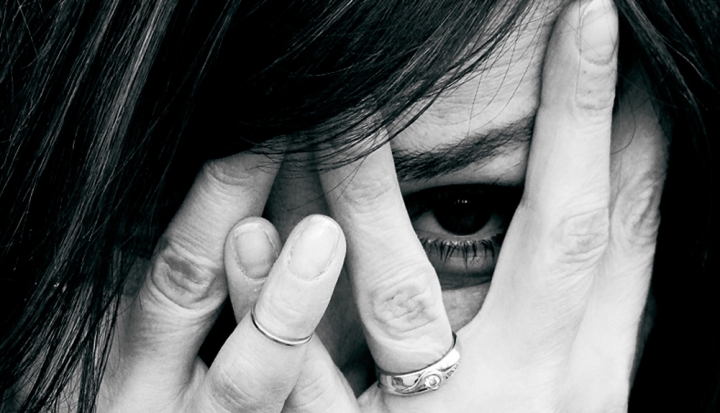


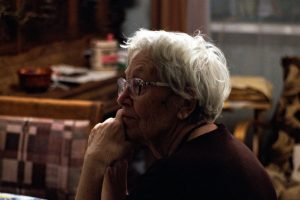
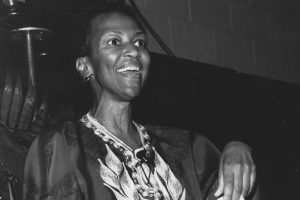

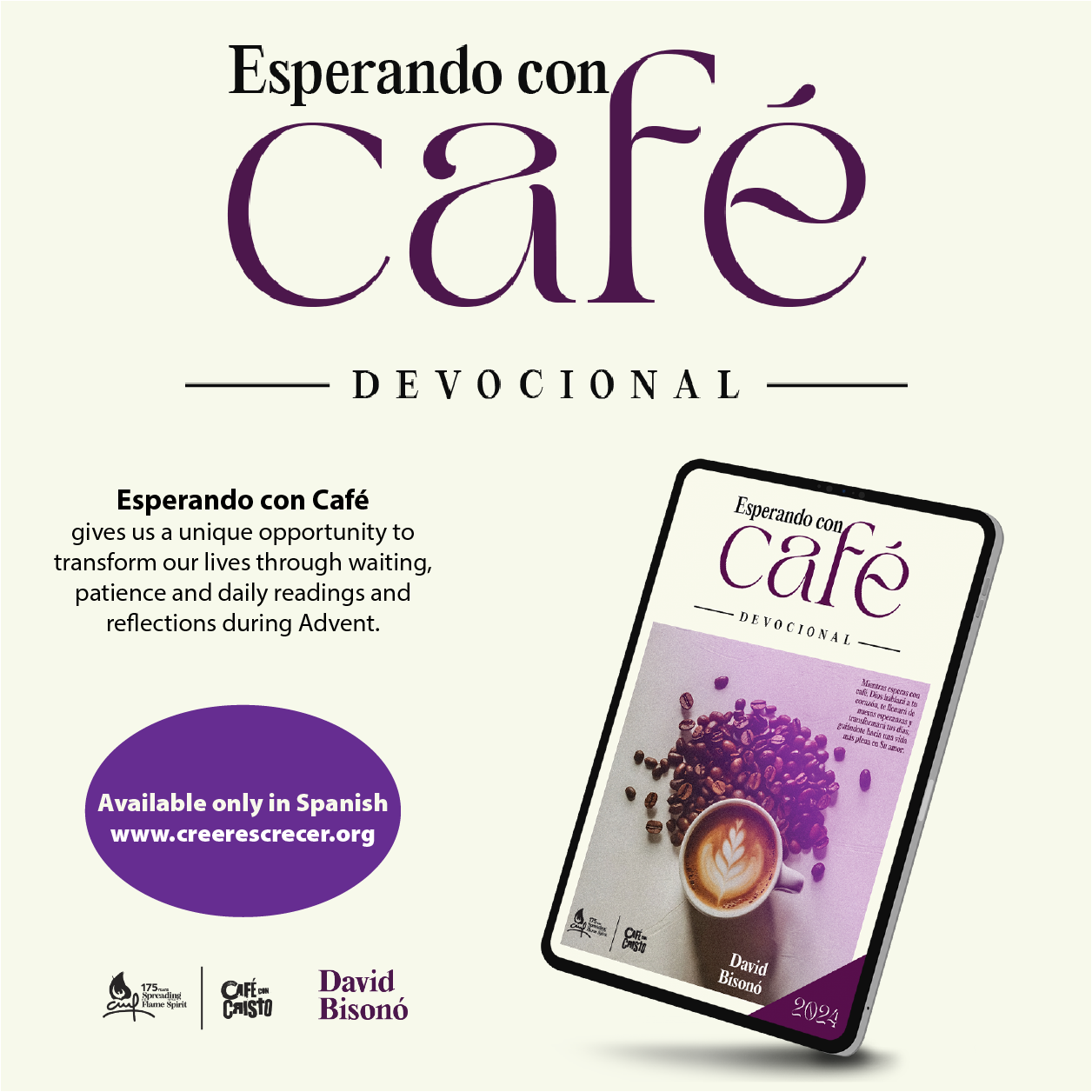




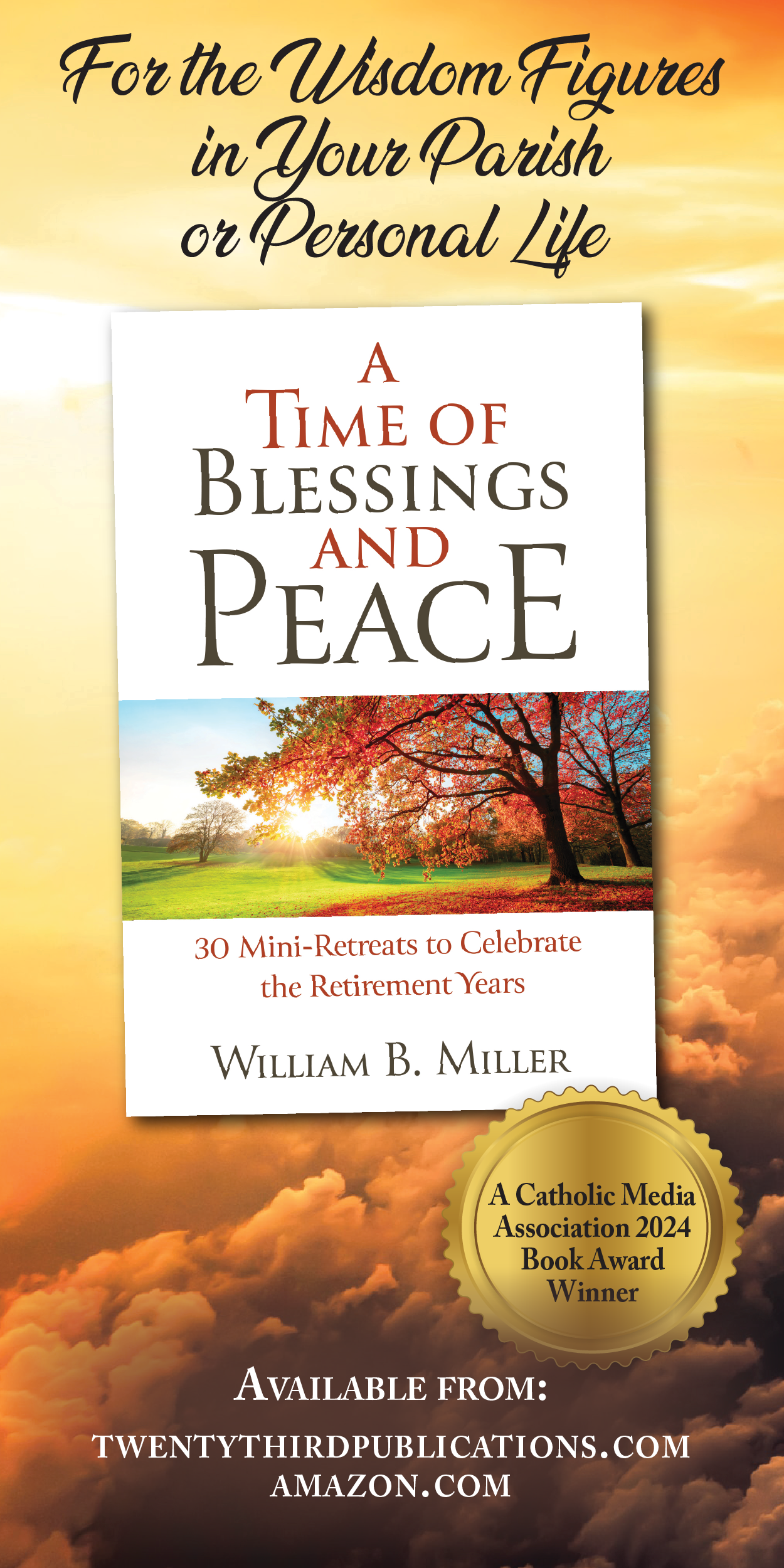
Add comment